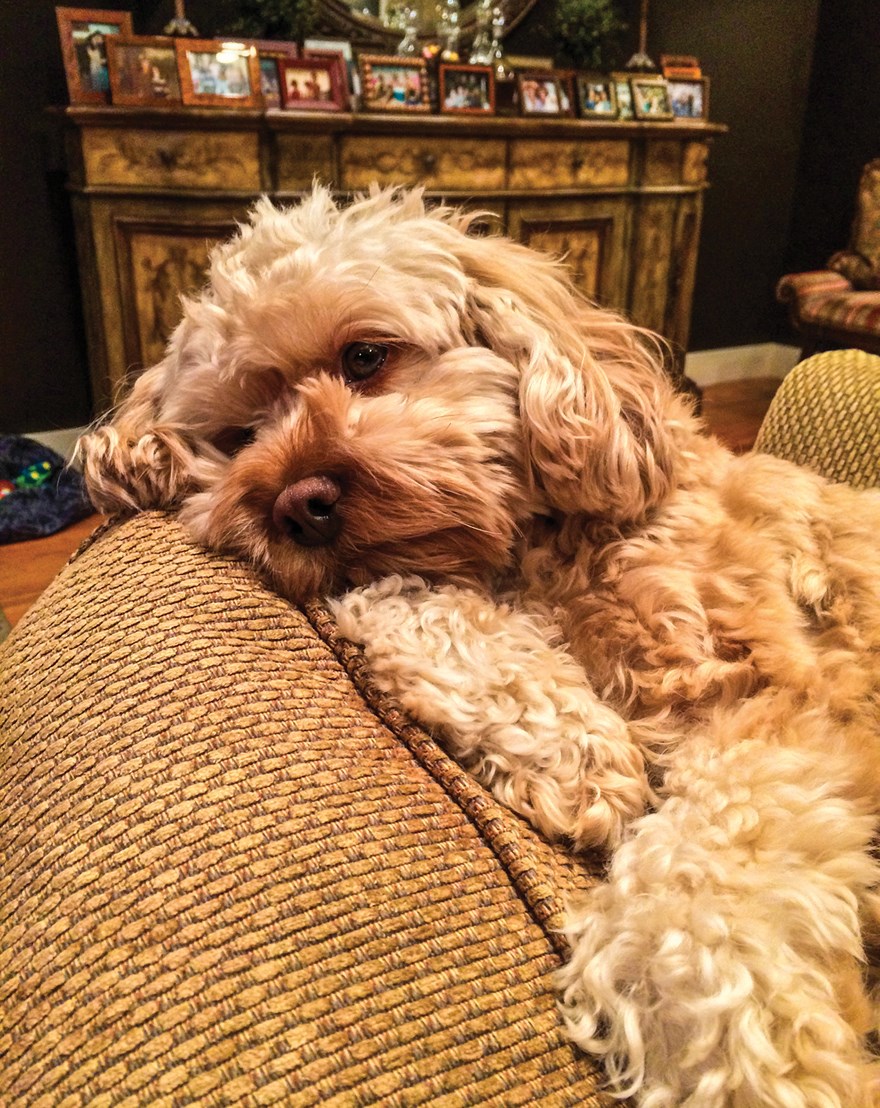Dogs are loyal and beloved companions that make great household pets. When leaving for work in the morning, dog owners may lament that they can’t take their furry friends with them. But it turns out those dogs might be even more upset that they can’t follow their owners out the door each morning.
Separation anxiety is a significant issue that can affect any breed of dog. Separation anxiety is triggered when dogs become upset because they’ve been separated from their guardians, such as in the morning when owners leave for work. Separation anxiety is a very difficult problem for dogs, creating a sense of distress that can pave the way for destructive and potentially harmful behaviors.
Dog owners may wonder what they can do to soothe their dogs’ anxiety so they can be left alone without experiencing the fear or distress associated with separation anxiety. Learning to recognize the symptoms of separation anxiety is a great first step in that healing process.
• Urinating and defecating: Some dogs urinate or defecate when left alone, even if they’re potty trained. This is a sign of separation anxiety. Dogs that urinate or defecate in the presence of their owners are probably not suffering from separation anxiety but a different issue, and such behavior should be discussed with a veterinarian.
• Barking and howling: Dogs experiencing separation anxiety may persistently bark or howl when separated from their guardians. Neighbors may complain that dogs continuously bark throughout the day, which can signal to owners that their dogs are experiencing separation anxiety. Barking or howling is typically only triggered by being left alone.
• Destructive behaviors: Destructive behaviors when left alone, such as chewing on objects, door frames or window sills, is a telltale sign of separation anxiety. Some dogs will dig at doors and doorways, perhaps in an attempt to escape the home and follow their guardians out the door, or destroy household objects, including furniture. These destructive behaviors not only aggravate owners, but they also pose a significant injury risk to dogs. Dog owners typically do not witness the destructive behavior, which can cause injuries like broken teeth, cut and scraped paws and damaged nails.
• Coprophagia: Some dogs defecate and then consume all or some of their excrement when left alone. This is all called coprophagia and likely won’t occur when owners are present.
Dogs that act up when owners leave home aren’t being destructive for the sake of being disruptive. In fact, these dogs are often suffering from separation anxiety, the recognition of which can be the first step toward helping dogs overcome this troubling condition.




